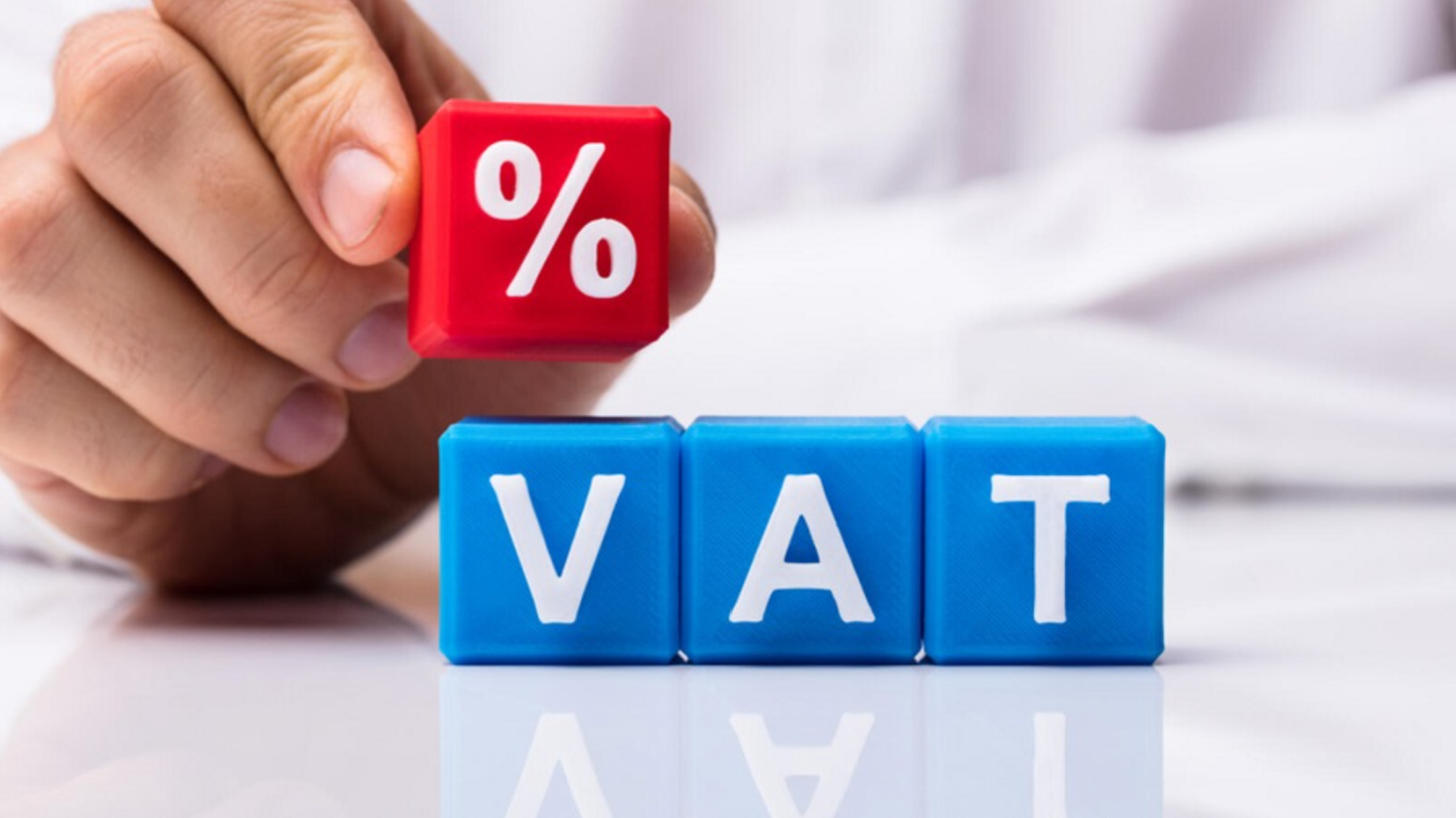
A bill seeking to move Value-Added Tax (VAT) into the exclusive legislative list has scaled second reading at the House of Representatives, marking a significant step toward overhauling Nigeria’s fragmented revenue collection system.
The legislation, which is co-sponsored by Deputy Speaker Benjamin Kalu and lawmakers Chris Nkwonta, Daniel Ago, Nkemkanma Kama, Tolani Shagaya, Alex Egbona, and Joshua Gana, aims to resolve long-standing disputes over who has the authority to collect VAT in Nigeria.
Leading the debate on the floor during Wednesday’s plenary, Hon. Joshua Gana (Lavun/Mokwa/Edati, Niger State) said the bill is designed to bring clarity, reduce duplication, and strengthen transparency in Nigeria’s fiscal framework.
“This bill seeks to bring order where confusion reigns,” Gana declared. “It aligns the fiscal responsibilities of the federal, state, and local governments in a way that promotes efficiency and discourages duplication.”
Key Issues the Bill Seeks to Address
Gana explained that Nigeria’s current tax environment is plagued by overlapping responsibilities, excessive levies, and mounting legal disputes between tiers of government.
“Our fiscal architecture has become congested and conflicting. Multiple taxes are imposed on the same taxpayer at different levels, and revenue agencies are frequently in conflict,” he said.
He also condemned the trend of outsourcing tax collection to private consultants, calling it a loophole that fosters corruption, harassment, and revenue leakage.
“These dysfunctions weaken accurate budget planning, discourage investors, and alienate citizens from governance,” he added.
Main Provisions of the Bill
The proposed law contains four core clauses aimed at reforming Nigeria’s revenue collection system:
- VAT in Exclusive List: Introduces VAT/consumption tax as a new item under the exclusive legislative list, giving the federal government full constitutional backing to collect it nationwide.
- Stamp Duty Clarification: Limits the federal government’s stamp duty collection to corporate-related transactions, while states will collect duties on individual or non-corporate transactions.
- Ban on Outsourced Tax Collection: Prohibits the contracting of private agents or consultants to collect taxes on behalf of government agencies.
- Tax Cap and Simplification: Imposes a cap of nine taxes/levies per year on individuals or businesses, while eliminating redundant or overlapping taxes at the local government level to protect small traders and artisans from harassment.
If passed into law, the bill will enhance intergovernmental coordination, reduce revenue-related litigation, and enable better budget predictability across the three tiers of government.
Background: A Battle Rooted in Legal Conflict
The push to place VAT under the exclusive legislative list follows a major legal face-off in 2021 between the Federal Inland Revenue Service (FIRS) and the Rivers State Government, which challenged the federal government’s authority to collect VAT and personal income tax within the state.
In response, the FIRS asked the National Assembly to amend the constitution to give the federal government clear authority. However, a similar bill failed to pass during the 9th Assembly’s constitution amendment voting.



